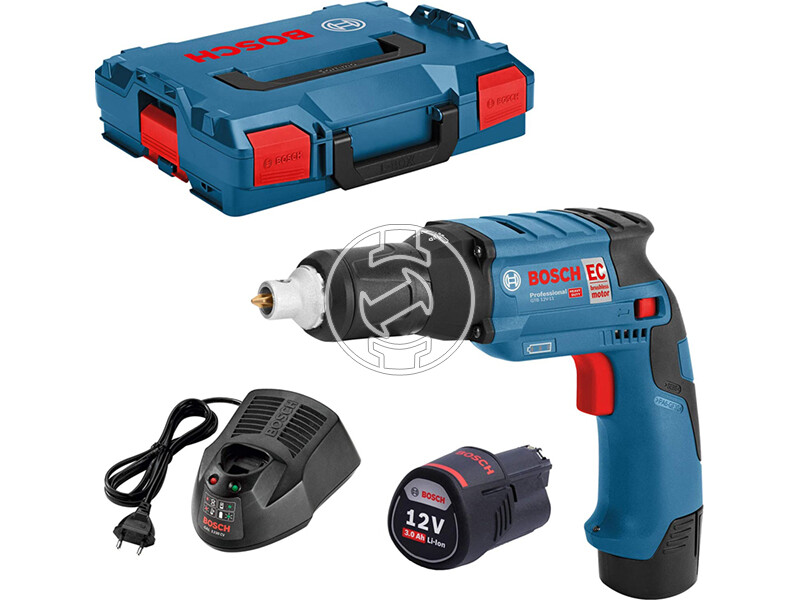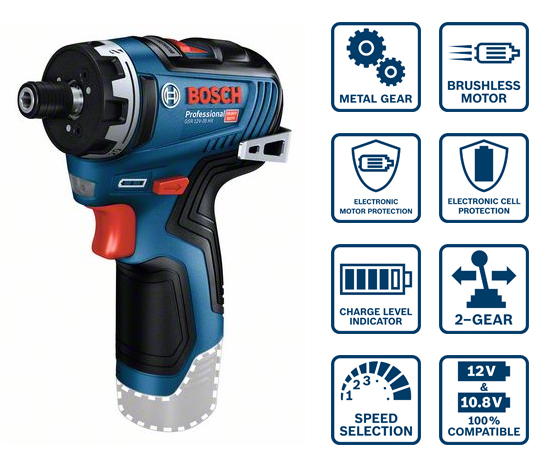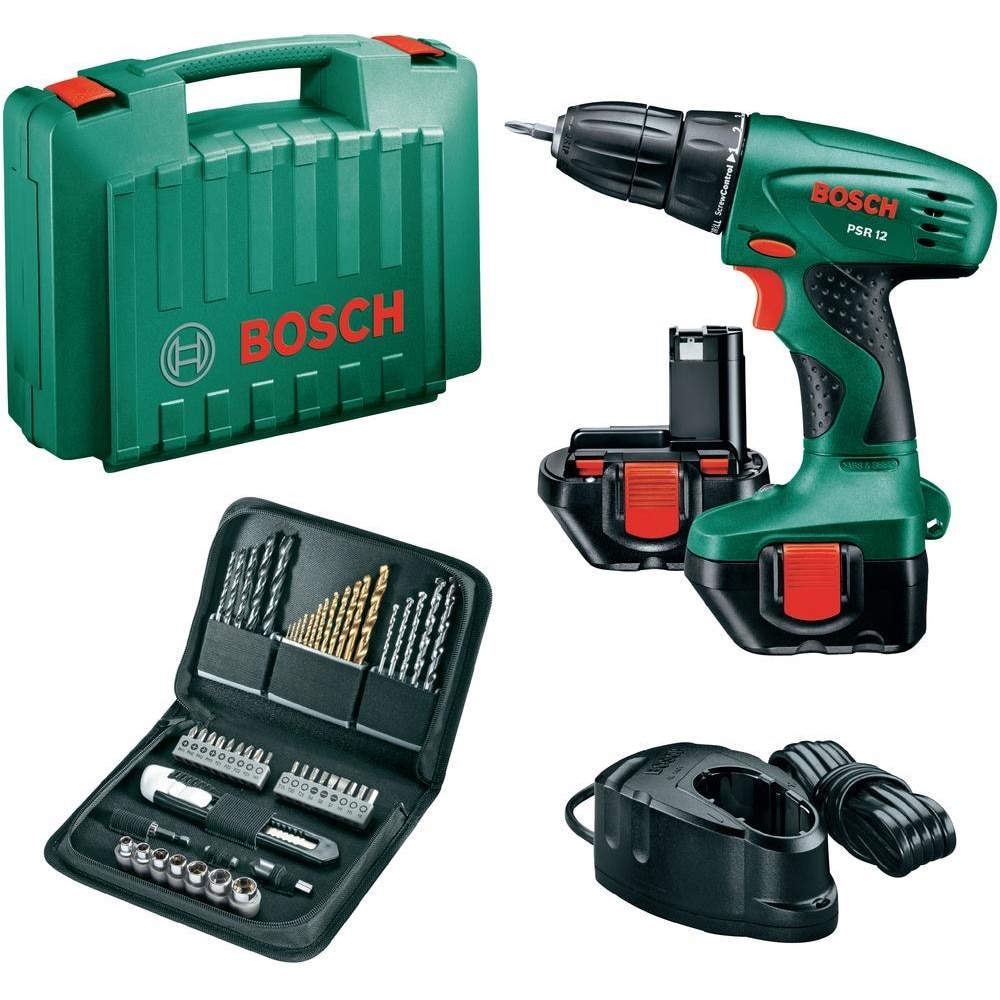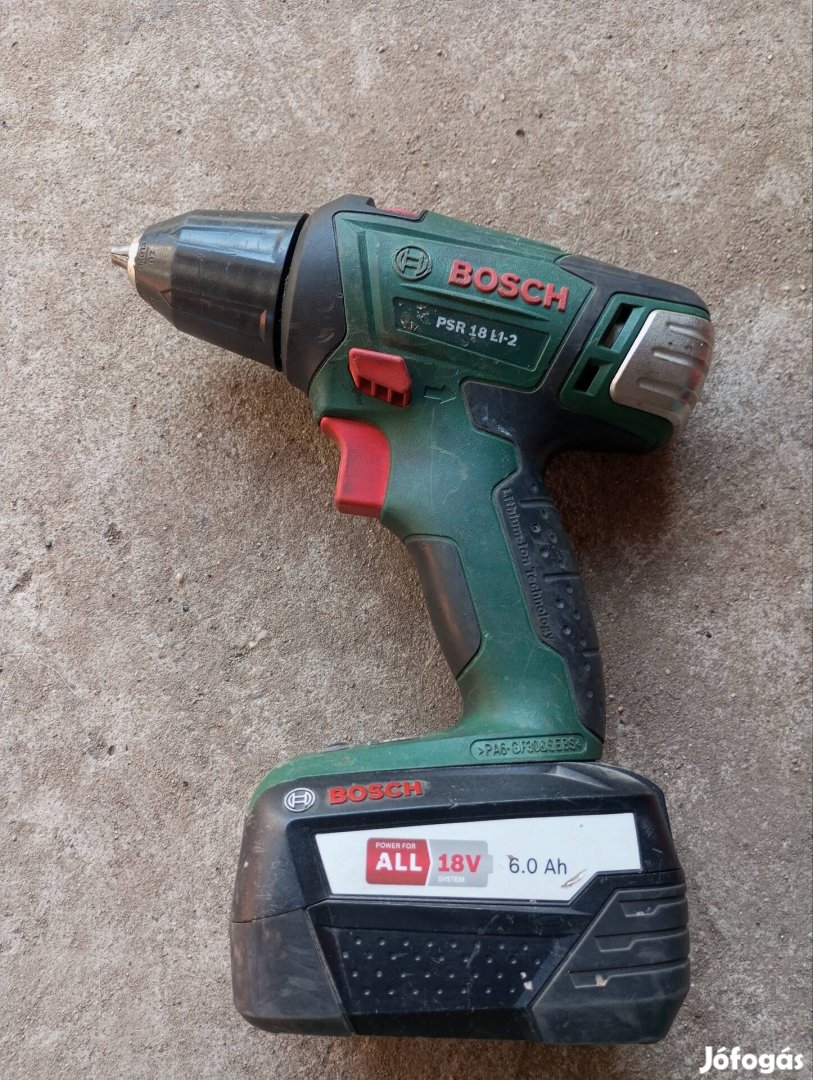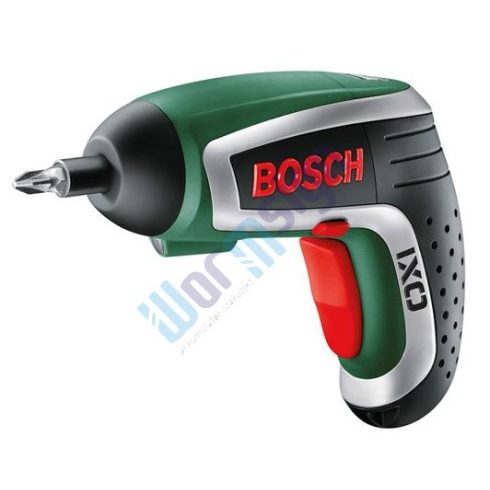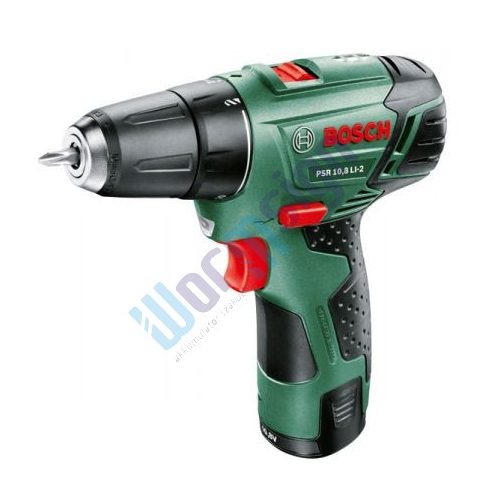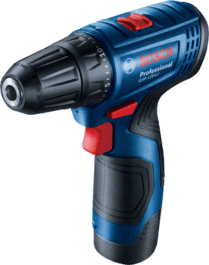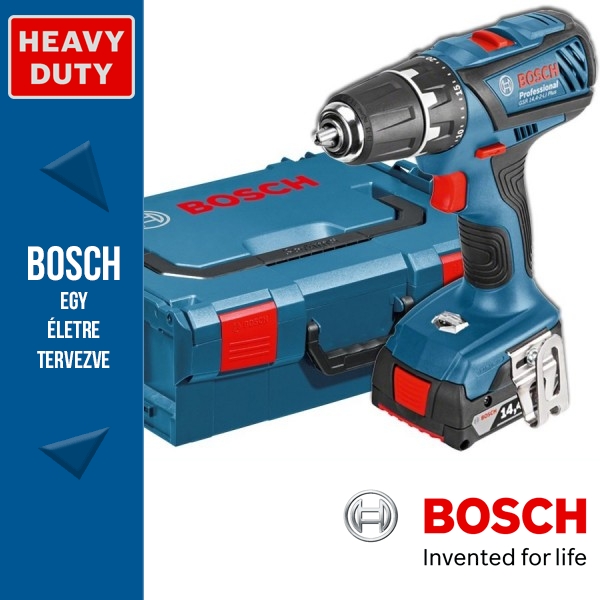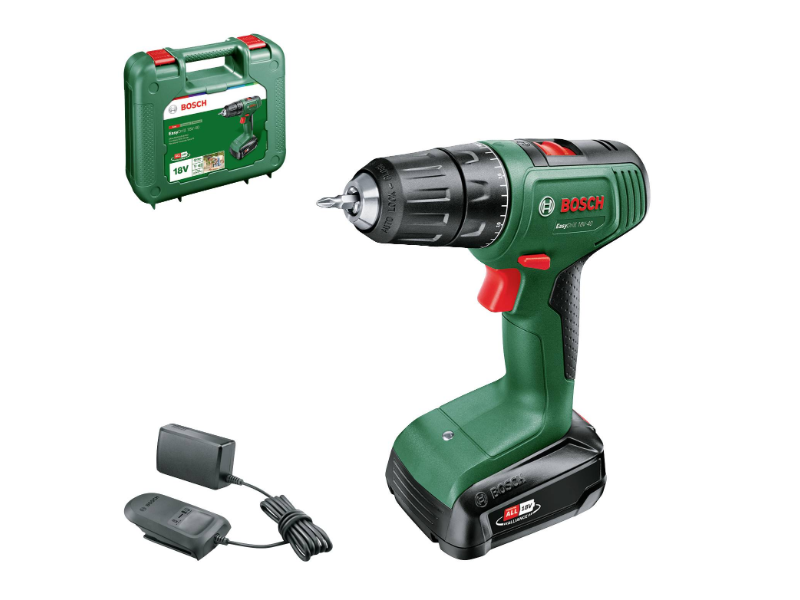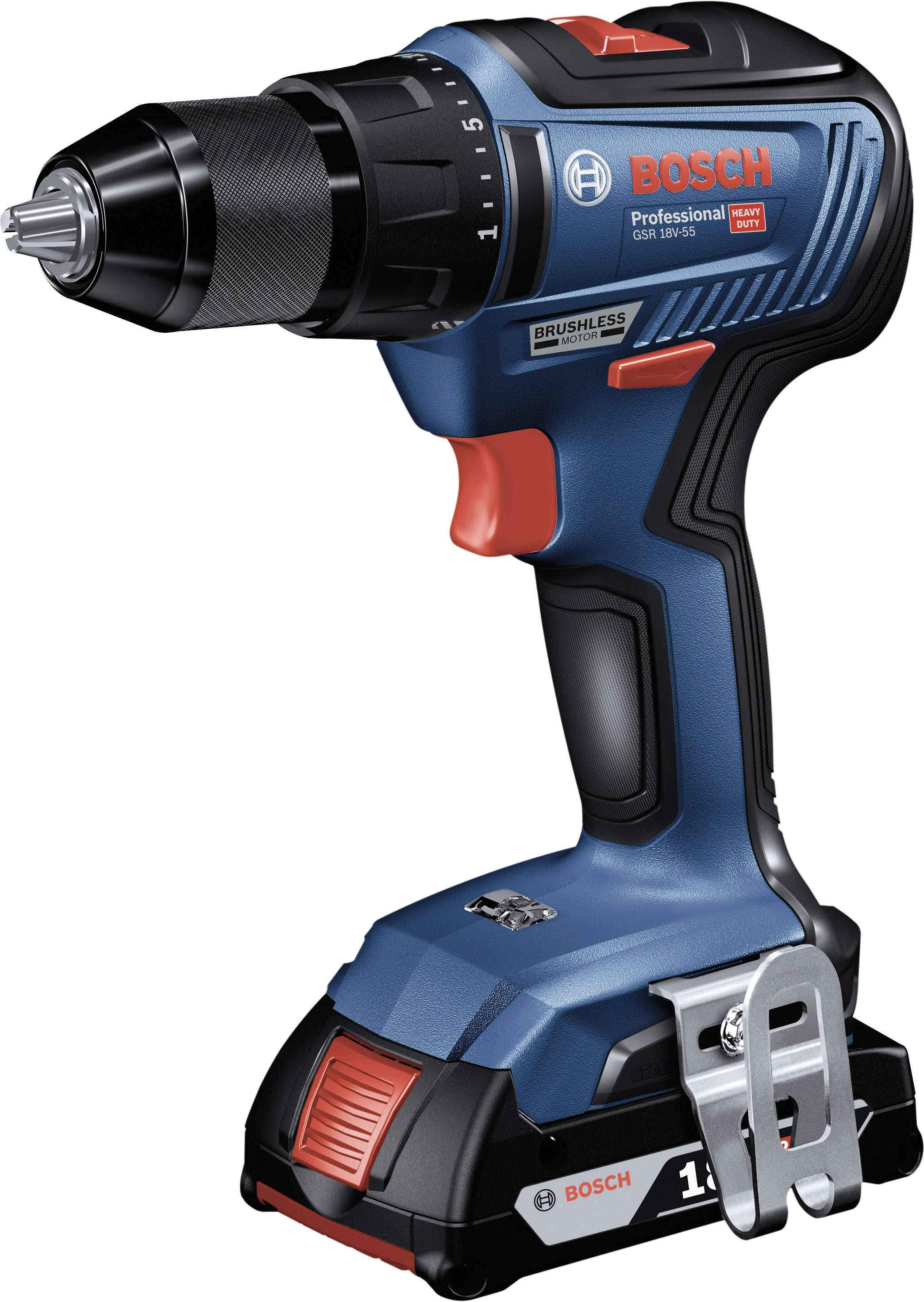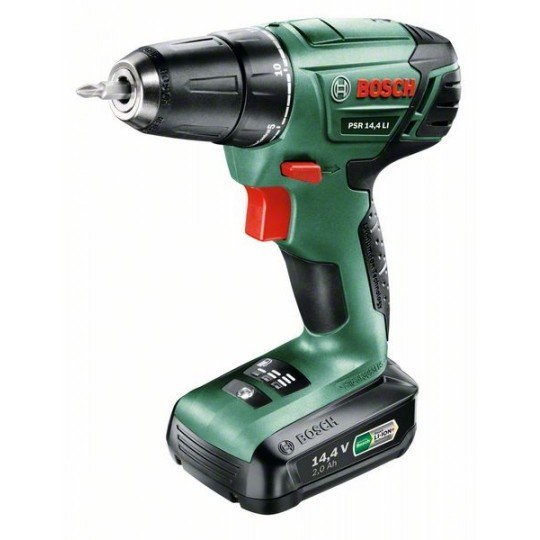
Bosch GSR 12V-35 akkus szénkefe nélküli fúró-csavarozó (akku és töltő nélkül) | Balajti Gépkölcsönző és Szaküzlet

Bosch GSR 18-2-LI Plus Professional Akkus fúró-csavarbehajtó 3 akkuval, bitkészlettel - Óriási Akció!
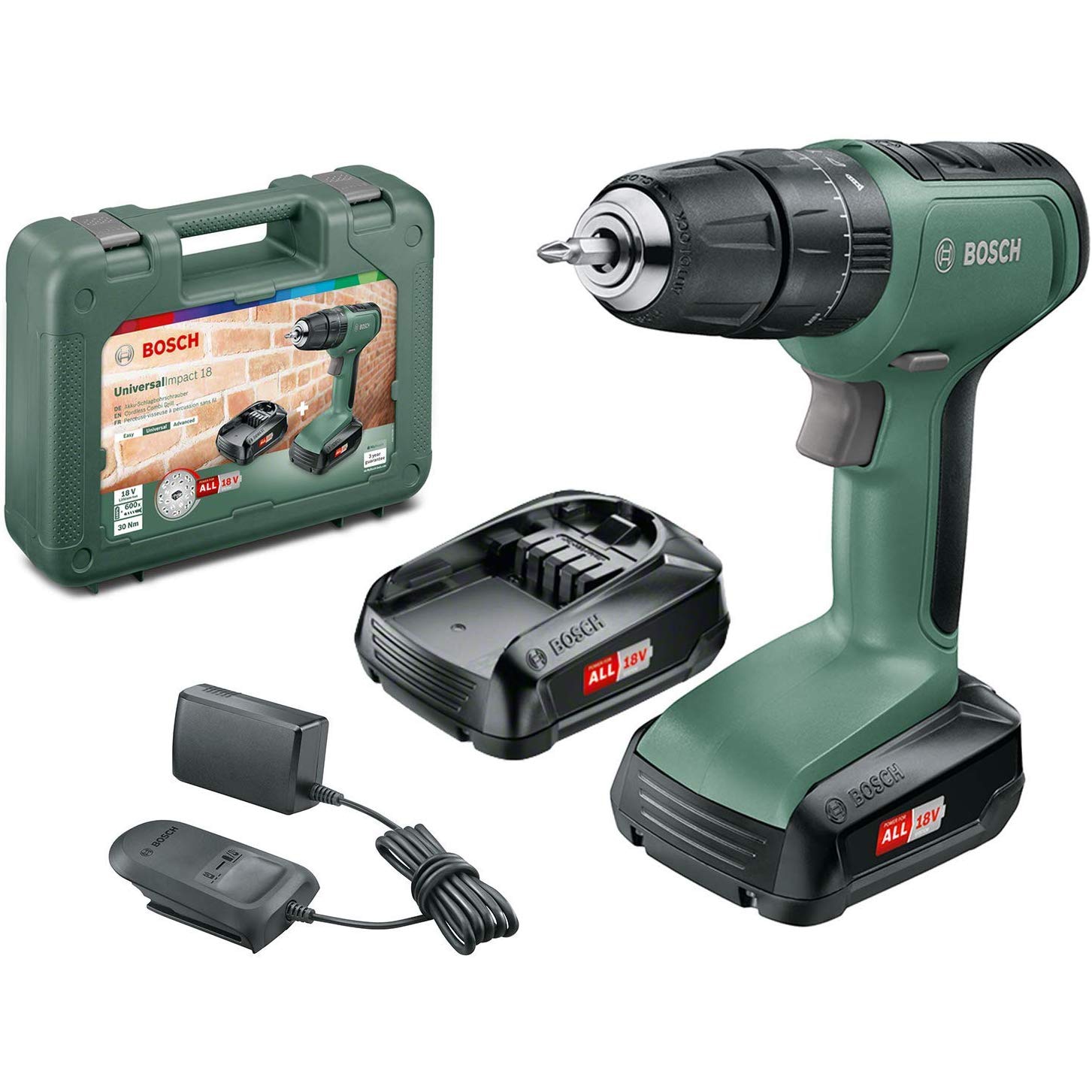
Bosch UniversalImpact 18V Akkus fúró-csavarozó, 18 V, 1350 ford/perc, 30 Nm, 20 nyomatékfokozat + 2 akkumulátor + töltő + dupla csavarbehajtóbit - eMAG.hu

Bosch GSR 12V-35 FC akkus szénkefe nélküli fúró-csavarozó fúrótokmány adapterrel + egyéb adapterekkel (2 x 3.0 Ah Li-ion akkuval) | Mayer Szerszám Kft

Bosch GSR 12V-35 HX akkus szénkefe nélküli fúró-csavarozó (akku és töltő nélkül) | Treadvol-Ker Kft.
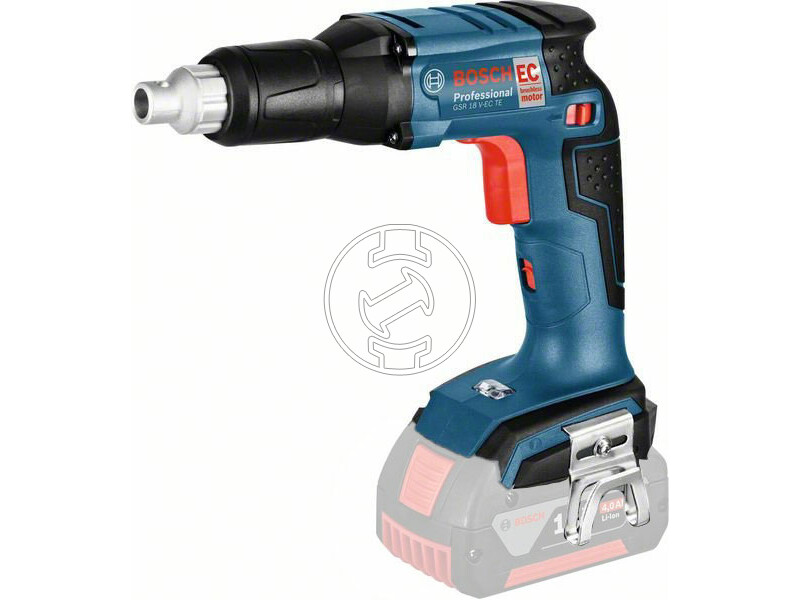
Bosch GSR 18 V-EC TE akkus csavarbehajtó mélységütközővel 18 V | Szénkefementes | Akku és töltő nélkül | Kartondobozban Szerszám Webshop - Zákány Szerszámház Kft.

Bosch GTB 185-LI akkus csavarbehajtó mélységütközővel 18 V | Szénkefementes | 2 x 2 Ah akku + töltő | Kofferben Szerszám Webshop - Zákány Szerszámház Kft.

Bosch GSR 18V-150 C BITURBO akkus szénkefe nélküli fúró-csavarozó (2 x 8.0 Ah Li-ion akkuval) | Miskolci Rádiusz Kft.

Bosch GSR 12V-35 FC akkus szénkefe nélküli fúró-csavarozó fúrótokmány adapterrel (akku és töltő nélkül) | Miskolci Rádiusz Kft.
